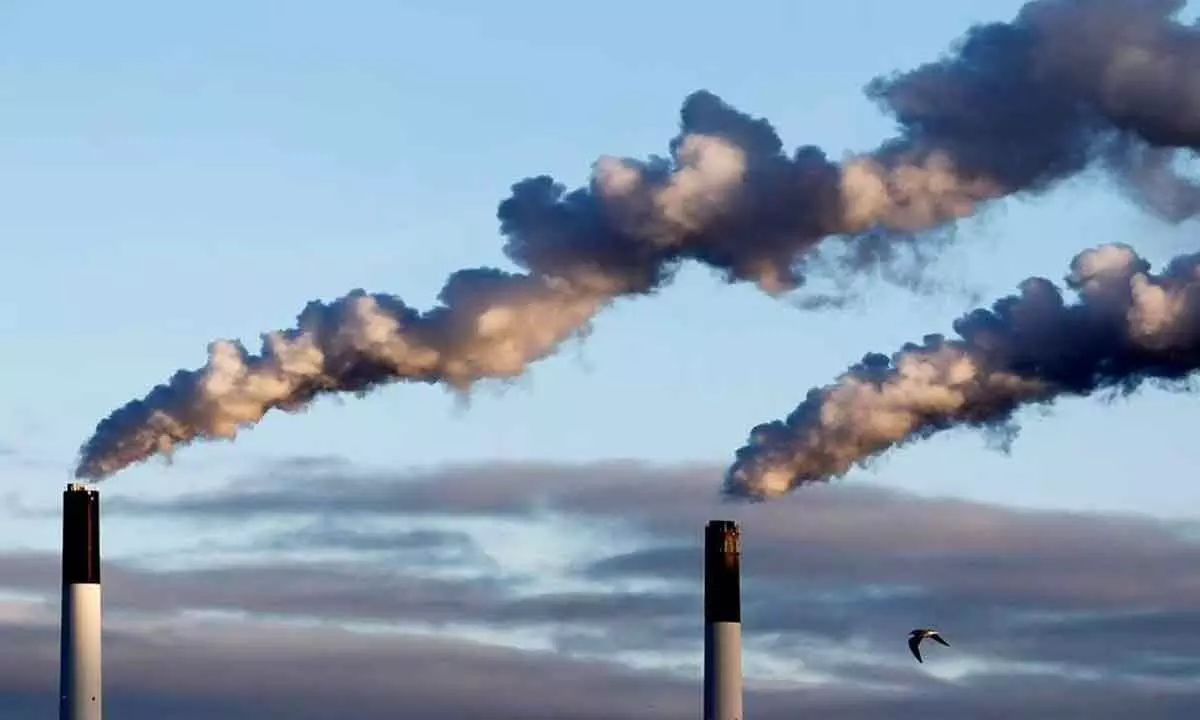Devise a retaliation mechanism to deal with EU’s carbon tax: GTRI to govt
image for illustrative purpose

New Delhi: The government should devise a retaliatory mechanism, compatible with the World Trade Organization (WTO) norms, to deal with the challenges of the European Union's carbon tax, economic think tank GTRI said on Sunday.
It also suggested the government not to pursue any free trade agreements (FTAs) without resolving the carbon tax issue. These recommendations are part of the 13 action points suggested by the Global Trade Research Initiative (GTRI) to the Indian industry and government to counter the impact of such taxes.
“When the US imposed import duties on steel and aluminium exported from India, India retaliated by imposing import duty on the equal weightage of imports from the US. India must think about designing a similar scheme to counter the carbon border tax (CBT),” GTRI co-founder Ajay Srivastava said. The EU is introducing the carbon border adjustment mechanism (CBAM) from October 1 this year. CBAM will translate into a 20-35 per cent tax on select imports into the EU, starting January 1, 2026. From January 1, 2026, the EU will start collecting the carbon tax on each consignment of steel, aluminium, cement, fertiliser, hydrogen and electricity. In 2022, India's 27 per cent exports of iron, steel, and aluminium products worth $8.2 billion went to the EU.
Srivastava suggested the domestic industry to calculate the monetary impact of the tax; check if CBT will enhance competitiveness against competitors; hire an auditor to prepare documents for submission to the EU; increase the usage of green power; and explore the feasibility to switch to low carbon technology. The think tank recommended to the government to set up a carbon trading mechanism; re-designate taxes on essential products as carbon tax; sign a new trade pact after resolving the CBT issue; create a cadre of energy auditors; start industry awareness programme; use global platforms to expose the hypocrisy of developed nations related to carbon issues.
It said high CBT will make free trade agreements-led zero duties meaningless.

